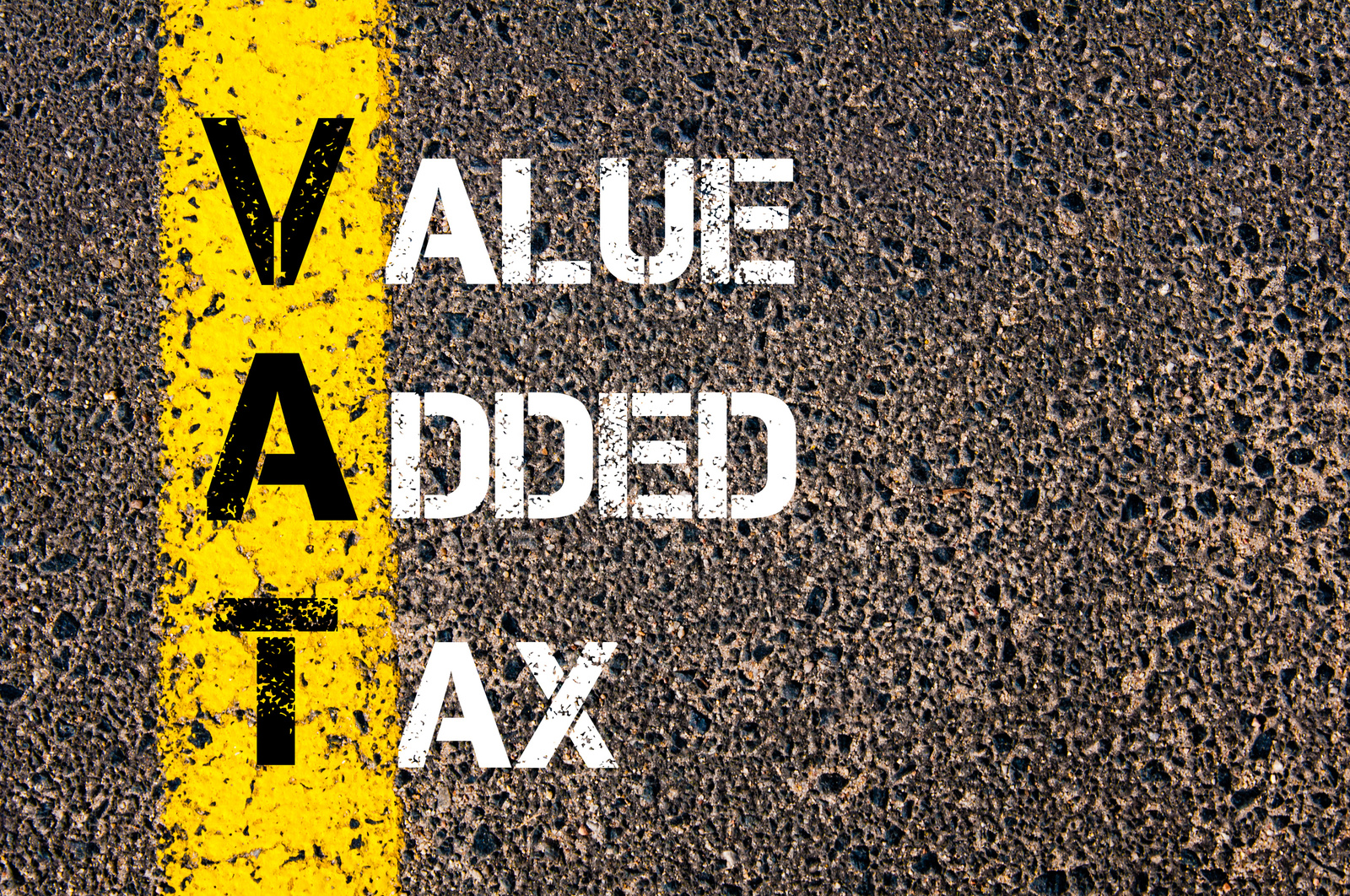Any chance to save money when buying a new car is not to be sniffed at, so the idea of knocking 20% off the purchase price by not paying Value Added Tax, or VAT, sounds too good to be true. And in most cases, it is exactly that.
However, there are some car-buying scenarios when VAT can be reclaimed or VAT relief (that is, no VAT is added in the first place) applies, namely if the car is to be used solely for business purposes or if it is adapted for a wheelchair user.
How to calculate VAT on cars
Normally, VAT is included in the on-the-road price of a new car sold for private use, and accounts for 20% of the cost. A simple way of working this out is multiplying the total price by 0.8. which will give you the ex-VAT cost.
VAT on used cars
The picture is a little more opaque with used cars. Dealers have to pay VAT only on the profit margin of used cars they sell, but as a customer, it’s hard to work out exactly how much this is. They can also opt to pay VAT at 20%, but this is an expensive option, so it’s rarely used by professional vendors.
How to claim back VAT on cars
You can only claim back VAT if you are VAT-registered and use the vehicle purely for business purposes. You will need to ensure you keep all the relevant invoices, and you can reclaim the money either in your self-assessment tax return or via your business accounts if the car is owned by a business that is set up as a limited company.
- What Is VAT?
- Who Can Reclaim VAT?
- New Cars and VAT
- Used Cars and VAT
- What Does VAT Qualifying Mean?
- Commercial Vehicles and VAT
- Taxis, Driving Instruction and Self-Hire Cars
- Leased Cars and VAT
- VAT Relief for Adapted Cars
- Tax is Taxing
What Is VAT?
VAT is a tax collected by HM Revenue and Customs (HMRC) that is added to goods and services. The VAT rate is currently set at 20%, with discounts applying for certain items. HMRC charges VAT at lower rate on other items; children’s car seats or home energy, for example, are subject to 5% VAT, and there is none whatsoever on food or children’s clothes.
Who Can Reclaim VAT?
An individual or business that is VAT registered and buying goods or services purely for business use can usually reclaim the VAT on the purchase price. This is known as input VAT, or input tax.
New Cars and VAT
Anybody buying a brand-new car, (the definition of which includes a pre-registered model or one with delivery mileage), needs to pay VAT at the full rate of 20%. This will be included in the ‘on the road’ (sometimes abbreviated to OTR) selling price quoted by the seller and also covers any options or accessories fitted.
Only those who are VAT registered and intend to drive the car purely for business use can reclaim VAT. The rules around the purchase of a car, VAT recovery and use of the vehicle are particularly strict, so if there is any intention for private use of the car, including traveling to and from work, you will still be required to pay VAT on the full purchase price.
Used Cars and VAT
If you are buying a used car in a private sale, there is no VAT to pay. If you are buying a second-hand car from a dealership, then the car dealer will need to pay VAT on any profit made. This is known as the second-hand VAT margin scheme. However, the amount of VAT will not be itemised on the invoice and is of no concern to the buyer.
What Does VAT Qualifying Mean?
In the unlikely event you find a used car for which the VAT was originally reclaimed, it will be described by the seller as ‘VAT Qualifying’. This means that a VAT-registered individual or company buying the car solely for business use can reclaim the VAT from the purchase price.
It is also fine for a private buyer to purchase a VAT Qualifying car, but he or she obviously won’t be able to claim the VAT back from the purchase price. In this situation, the car ceases to be VAT Qualifying.
Commercial Vehicles and VAT
The same principle about reclaiming VAT applies to commercial vehicles, such as vans, lorries and pickup trucks. A VAT-registered individual or company buying one of these vehicles new and purely for business use can reclaim the VAT. This includes vans with rear seats, known as combi vans, and car-derived vans, as well as motorhomes, as long as they're only used for business.
If and when the vehicle passes on to an individual or a business that is not VAT-registered, that commercial vehicle ceases to be VAT Qualifying.
Taxis, Driving Instruction and Self-Hire Cars
If a car is bought outright and used for one of the following three purposes – as a taxi, as a driving instructor’s car, or as a self-drive hire (rental) car – then the VAT can be reclaimed. In this instance, the Government defines primary purpose as being at least 50% of the car’s use.
If you hire a car to replace a company car that, for whatever reason, is off the road, you can claim back 50% of the VAT on the hire charge. If you hire a car for a different reason, you can claim all of the VAT if it's for no more than 10 days, only used for business trips and isn't available for private use.
Leased Cars and VAT
When a leasing company makes a car purchase, it can generally do so without paying VAT, because the purchase is purely for business use, that business being to lease the car to somebody else. It is therefore down to the person leasing the car to pay the VAT, which, for private purposes, is charged at the full 20% rate.
VAT-registered businesses leasing a car can reclaim 50% of the VAT if the car is used for work and personal purposes, or 100% if use is limited strictly to business purposes. VAT can also be reclaimed on cars leased as taxis or driving-instruction vehicles.
VAT Relief for Adapted Cars
If you have a disability or a long-term illness, you are entitled to VAT relief on goods that are designed or adapted for your personal use, meaning you’ll pay less than the standard rate of VAT. Cars fall under this description.
In order for VAT relief to be applied, the following four conditions must be met:
• The person buying the vehicle must normally be a wheelchair user or the parent of a wheelchair user.
• The vehicle is being purchased for the user’s personal and domestic use.
• The vehicle has been permanently and substantially adapted to meet the user’s requirements.
• The user hasn’t purchased a VAT-free vehicle under the same scheme in the past three years (there are exceptions to this rule).
Provided the user meets the above criteria, the Government’s customer declaration form for adapted vehicles must be completed.
Tax Is Taxing
As with all tax-related matters, reclaiming VAT on cars is a complicated business. If you are at all unsure about reclaiming tax for business use, it is important to seek clarity before proceeding. You can contact the Government’s VAT helpline to do this.
For further information about tax relief on an adapted vehicle, start by reading the Government’s guide to getting financial help if you’re disabled.


